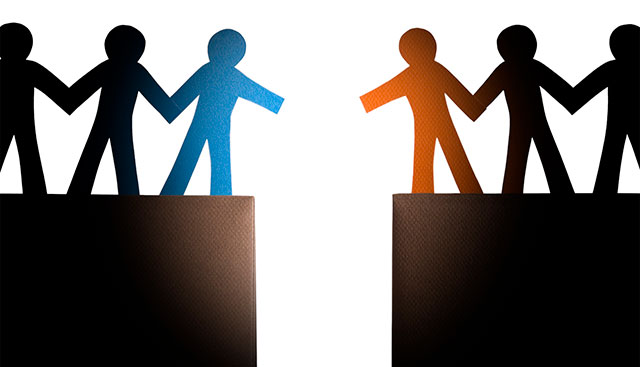
Working to Overcome Health Disparities
Cancer can impact everyone, regardless of age, race, ethnicity, identity or sexual orientation, or location. But there are some cancers that seem to be more prominent in specific communities.
The Black and African American community, for example, faces specific cancer disparities.
For many of the most common types of cancers, including breast, lung, prostate, colorectal, and blood cancers such as multiple myeloma, lymphoma and leukemia, the incidence and/or death rates are higher among Black and African American populations than other racial and ethnic groups.
The reasons behind those disparities can be many. Access, or lack of access, to cutting-edge treatment, later-stage diagnoses and lack of knowledge are key factors causing cancer disparities in the Black and African American community.
At Moffitt Cancer Center, we are dedicated to prioritizing the needs of the community we serve and emphasizing the importance of screening, early detection and prevention.
Moffitt aims to maximize the impact of education and access in our community and beyond by promoting healthy habits with the goal of optimizing outcomes. Moffitt aspires to be part of a paradigm shift that ultimately reduces the cancer burden in the U.S., especially in underserved and underrepresented communities.
There is a time to understand and address health disparities to achieve health equity; that time is now.
To learn more about how you can get involved or to request community outreach services from Moffitt Cancer Center, read more here at Community Outreach, Engagement & Equity.
If you’d like to refer a patient to Moffitt Cancer Center, complete our online form or contact a physician liaison for assistance. As part of our efforts to shorten referral times as much as possible, online referrals are typically responded to within 24 - 48 hours.
